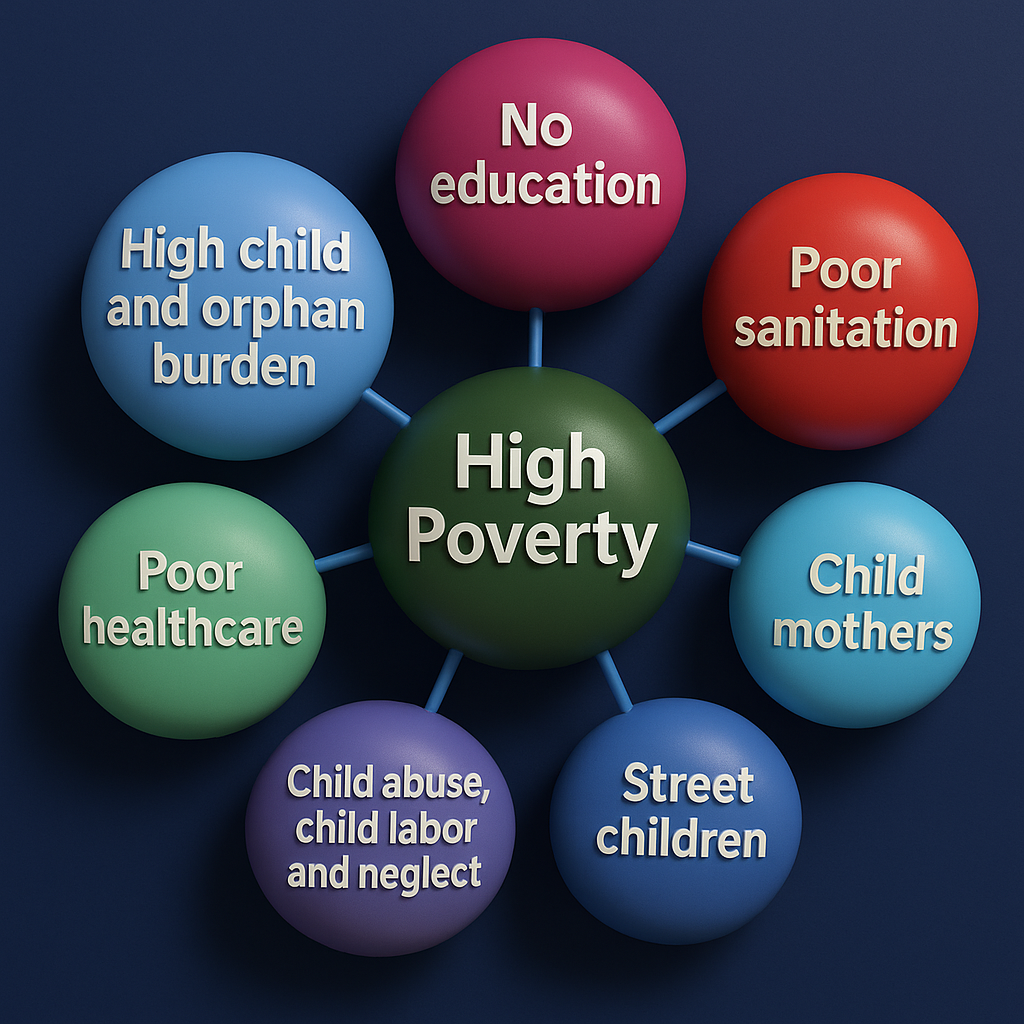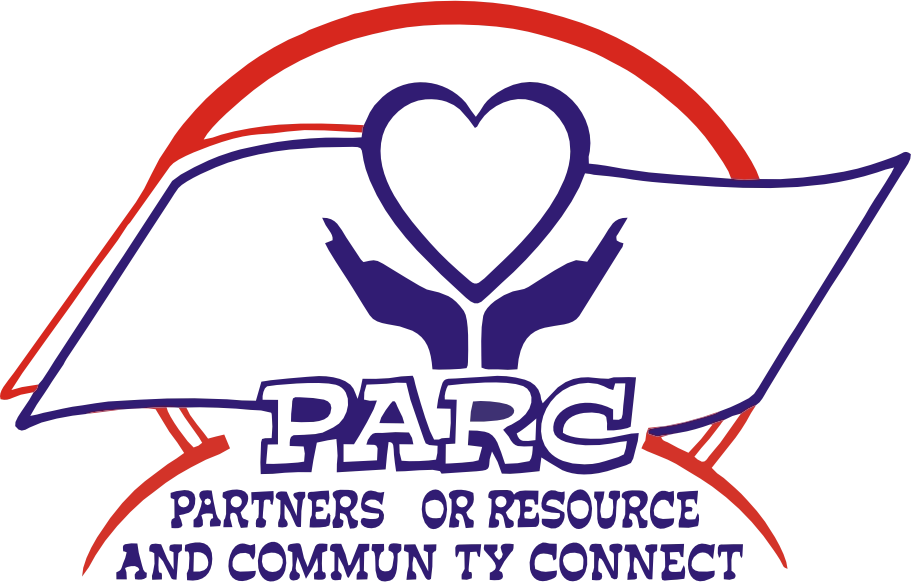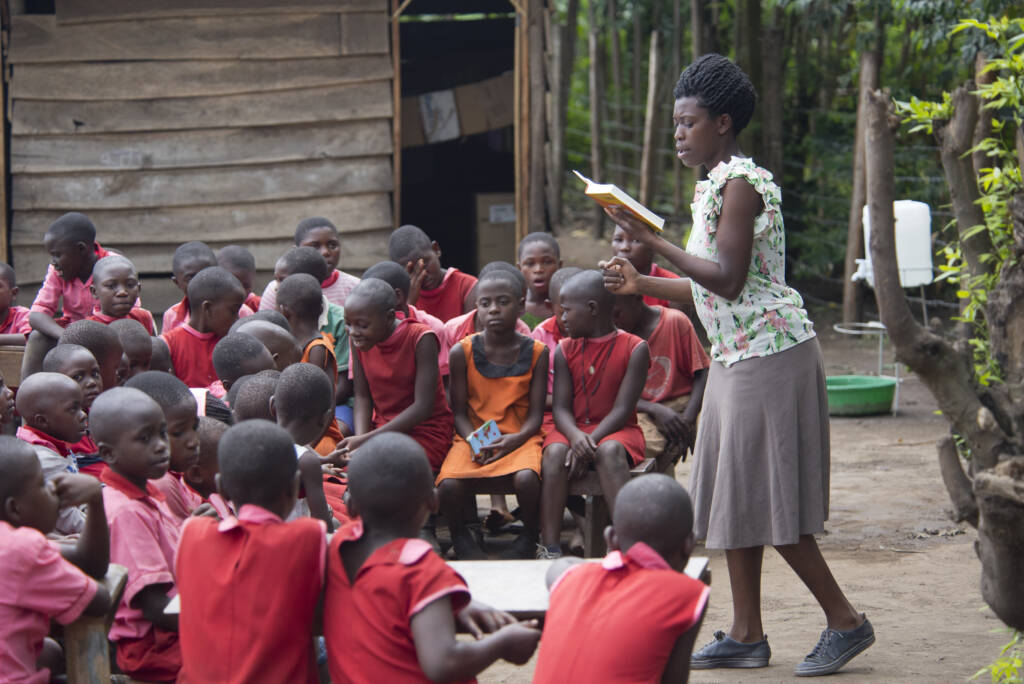Why We Exist
The
Problem
We are a small local team composed of committed people, working with a global network of friends (volunteers and partners) with a shared mission of helping local communities in Uganda. All our program activities are generated through participation of the local people –we work with communities to identify a real felt need that addresses a local problem.
By being able to spend time within communities, listening to them and understanding some of the complexities of the situation from their point of view, it helps us to build a realistic picture of what is feasible, practical, necessary and sustainable.
Quality education, good health, and better livelihoods (getting an income) are the vital steps anyone requires to be able to take to start to make a move out of the endless, repressive pit of poverty. Most people just need a chance - an opportunity to start to be able to move out of the shell. Nothing that is difficult to impossible!. An offer of good schooling in a solid, nurturing environment, and the backup of good quality healthcare coupled with supplementary income can do this.
The Problem

Where We Work
We work in Kasese, a poor remote community in the far western part of Rwenzori region of Uganda, in East Africa. Kasese district and surrounding communities have been affected greatly by political instability (wars), which have greatly hindered the development.
Uganda is a landlocked country located in East Africa and, has gained the title of ‘Pearl of Africa’ due to its significant natural resources, ample fertile land, favorable climate, regular rainfall, wildlife, and mineral deposits.
With a mountainous terrain in the north and flat plains in the south, Kasese is famous for its beautiful scenery, including two of Uganda’s ten national parks: Queen Elizabeth National Park and Rwenzori Mountains National Park. It is located approximately 559 kilometers west of Kampala, Uganda’s capital and largest city.


This aims to increase access to affordable and quality of education for all children, focusing on vulnerable children, increasing school enrollment and retention rates among girls, enhancing overall performance and educational outcomes, by operating schools and increased community participation by educating parents on the relevance of schools to the community (importance of education) and the need to support the education of children.
Education